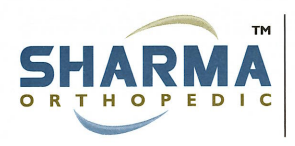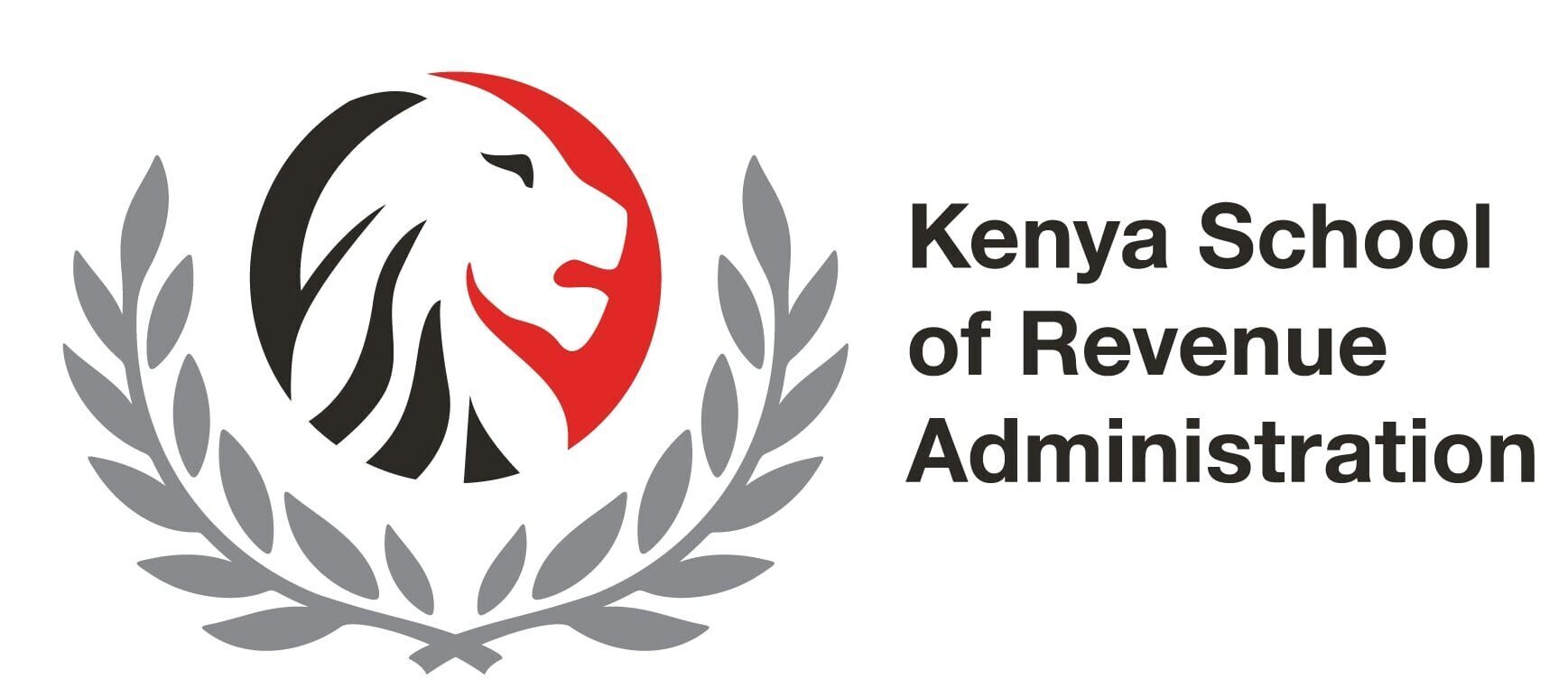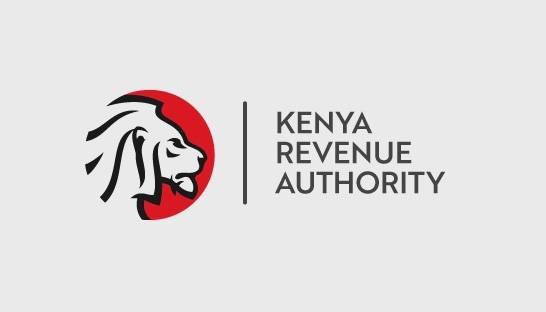- Customs Valuation
- 253 Views
OT:RR:CTF:VS H320347 AP
Julie Vair, LCB, CCS
Managing Consultant
U.S. Trade Advisory Services
Expeditors Tradewin, LLC
1015 Third Avenue
Seattle, WA 98104
RE: DNA Sample; Valuation under 19 U.S.C. 1401a; Fallback Method
Dear Ms. Vair:
This is in response to your August 24, 2021 request for a binding ruling, on behalf of your client Genewiz, LLC (“Genewiz US”), regarding the proper appraisement for a future no-sale import of a deoxyribonucleic acid (“DNA”) sample.
FACTS:
The importer, Genewiz US, provides Sanger DNA sequencing, gene synthesis, molecular biology, high throughput/next generation sequencing, bioinformatics, and good laboratory practice (“GLP”) regulatory services. Under the proposed transaction, Genewiz US’s customer in Europe will ship a DNA sample of human, animal, or plant origin to its related company Genewiz Germany. There will be no sale of the sample to Genewiz Germany. The European customer will contract with and pay a fee to Genewiz Germany for the DNA sequencing services to be performed on the sample in the United States. When Genewiz Germany receives the sample in Germany, it will not open the sample tube for processing. Genewiz Germany will only repackage the sample, add refrigerant, and then export the sample to Genewiz US.
After importation into the United States, Genewiz US will perform the requested DNA sequencing and will charge Genewiz Germany for the service. Genewiz US will destroy the sample and will send the results from the DNA sequencing electronically to Genewiz Germany, who will forward them to Genewiz US’s customer in Europe. ISSUE:
What is the proper method of appraisement for the subject DNA sample imported by Genewiz US as described above?
LAW AND ANALYSIS:
Transaction value of imported merchandise is the “price actually paid or payable for the merchandise when sold for exportation to the United States” plus amounts for five enumerated statutory additions. See 19 U.S.C. 1401a(b). In order for imported merchandise to be appraised using the transaction value method, it must be the subject of a bona fide sale between a buyer and seller, and the sale must be for exportation to the United States.
When imported merchandise cannot be appraised on the basis of transaction value, it is appraised in accordance with the remaining methods of valuation, applied in hierarchical order. See 19 U.S.C. 1401a(a)(1). The alternative bases of appraisement, in order of precedence, are the transaction value of identical or similar merchandise (19 U.S.C. 1401a(c)); deductive value (19 U.S.C. 1401a(d)); computed value (19 U.S.C. 1401a(e)); and the fallback method (19 U.S.C. 1401a(f)).
As indicated above, the DNA sample is not sold by the European customer to Genewiz Germany and Genewiz US. It is sent for DNA sequencing services and is subsequently destroyed. Therefore, in the absence of a sale, the transaction value method may not be used to determine the value of the imported materials.
The second method of appraisement is the transaction value of identical or similar merchandise. See 19 U.S.C. 1401a(c). The transaction value of identical or similar merchandise refers to a previously accepted transaction value of identical or similar merchandise that was exported at or about the same time as the merchandise being valued. In this matter, there are no transaction values of identical or similar merchandise available to appraise the imported DNA sample.
If transaction value and transaction value of identical or similar merchandise cannot be determined, then the customs value will be based upon deductive value, unless the importer has elected computed value. Nothing in the submitted ruling request demonstrates that Genewiz US has elected the application of computed value before deductive value.
Deductive value under 19 U.S.C. 1401a(d) is based upon the resale price in the United States. Deductive value is not available as a method of appraisement here because the DNA sample will not be resold in the United States.
The computed value method is the next method of appraisement, and it is based upon, among other things, information regarding the cost of materials, processing, profit, and general expenses. See 19 U.S.C. 1401a(e). Genewiz US is unable to provide the cost of materials, processing, and profit and general expenses at the unit level. As a result, computed value is not applicable either. The last appraisement method is fallback under 19 U.S.C. 1401a(f). Genewiz US proposes to use the fallback method and appraise the DNA sample based on the cost of the repackaging materials used by Genewiz Germany for shipment to the United States, the refrigerant costs (i.e., dry ice, ice packs, or liquid nitrogen), and the labor costs involved during the packaging of the sample for export to the United States.
Pursuant to the fallback method of valuation in 19 U.S.C. 1401a(f)(1):
If the value of imported merchandise cannot be determined, or otherwise used for the purposes of this chapter, under subsections (b) through (e), the merchandise shall be appraised for the purposes of this chapter on the basis of a value that is derived from the methods set forth in such subsections, with such methods being reasonably adjusted to the extent necessary to arrive at a value.
In Headquarters Ruling Letter (“HQ”) H011276, dated Feb. 4, 2008, U.S. Customs and Border Protection (“CBP”) used the fallback valuation method to appraise blood, serum, plasma, and tissue samples based on the time taken to extract, prepare, and package the samples for export, in addition to the costs of any packaging and materials employed in the process. In addition, in HQ 563461, dated May 18, 2006, CBP also determined the value of blood products under the fallback method, on the basis of the fee paid to the foreign medical facility for the cost of the extraction procedure, and expenses related to the international shipment of the blood products could be deducted from the entered value of the merchandise to the extent they were included.
The DNA sample in the instant matter is similar to the merchandise in HQ H011276 and HQ 563461. The DNA sample will not be sold in the United States, and we are unable to determine the cost of the sample at the unit level. When the value of the DNA sample cannot be determined under the methods set forth in 19 U.S.C. 1401a(b)-(e), its value must be determined on the basis of the fallback method under 19 U.S.C. 1401a(f).
Pursuant to 19 U.S.C. 1500(a):
The Customs Service shall, under rules and regulations prescribed by the Secretary-
a) fix the final appraisement of merchandise by ascertaining or estimating the value thereof, under section 1401a of this title, by all reasonable ways and means in his power, any statement of cost or costs of production in any invoice, affidavit, declaration, other document to the contrary notwithstanding;
Thus, in the circumstances of this case, “all reasonable ways and means” must be used to appraise the DNA sample under 19 U.S.C. 1401a(f). We find Genewiz US’s proposal to appraise the DNA sample based on the cost of the repackaging materials used by Genewiz Germany for shipment to the United States, the refrigerant costs (i.e., dry ice, ice packs, or liquid nitrogen), and the labor costs involved during the packaging of the sample for export to the U.S. is reasonable and consistent with 19 U.S.C. 1401a(f), provided that it conforms to Generally Accepted Accounting Principles (“GAAP”).
HOLDING:
The instant DNA sample may be appraised using the fallback method pursuant to 19 U.S.C. 1401a(f), on the basis of the cost of the repackaging materials used by Genewiz Germany for shipment to the United States, the refrigerant costs (i.e., dry ice, ice packs, or liquid nitrogen), and the labor costs involved during the packaging of the sample for export to the U.S., provided that it meets GAAP.
Please note that 19 C.F.R. 177.9(b)(1) provides that “[e]ach ruling letter is issued on the assumption that all of the information furnished in connection with the ruling request and incorporated in the ruling letter, either directly, by reference, or by implication, is accurate and complete in every material respect. The application of a ruling letter by [CBP] field office to the transaction to which it is purported to relate is subject to the verification of the facts incorporated in the ruling letter, a comparison of the transaction described therein to the actual transaction, and the satisfaction of any conditions on which the ruling was based.”
A copy of this ruling letter should be attached to the entry documents filed at the time this merchandise is entered. If the documents have been filed without a copy, this ruling should be brought to the attention of the CBP officer handling the transaction.
Sincerely,
Monika R. Brenner, Chief
Valuation and Special Programs Branc
Janron Consult, Tax Consultant Kenya, Customs Tax Consultant Kenya, Tax Advisory Kenya








